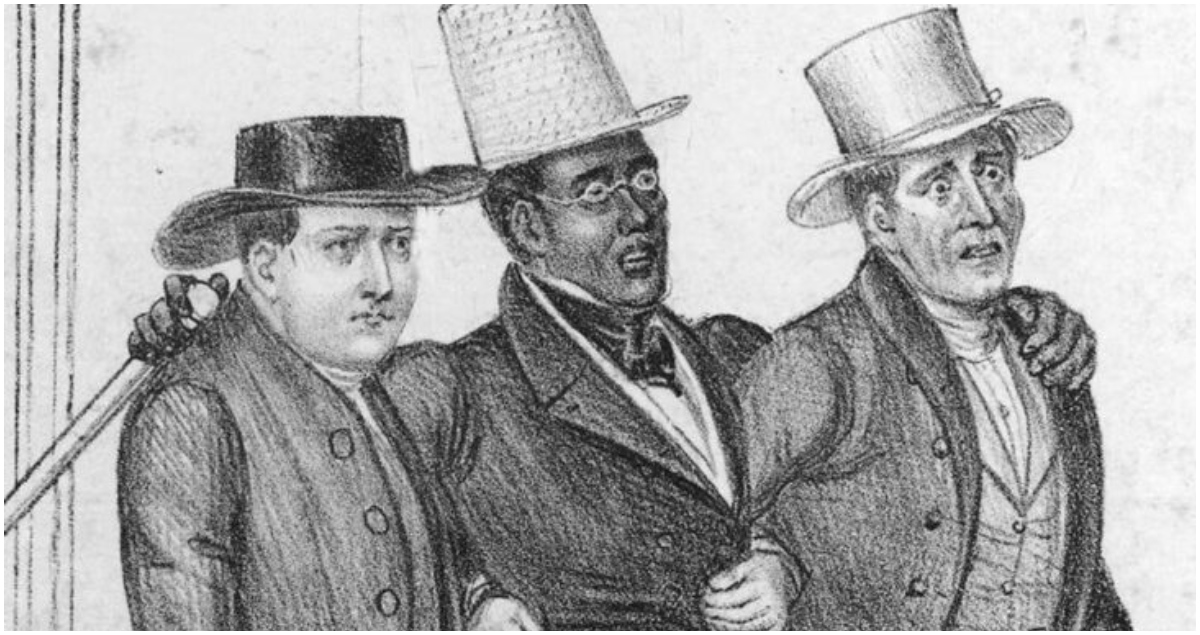David Ruggles was a fierce abolitionist and an early leader in the fight for freedom. Known for his bold activism and vision, he made a significant impact in history by opening the first Black-owned bookstore, which became a key space for abolitionist literature and activism.
Pioneering Efforts to Support Freedom Fighters
Ruggles didn’t just talk about change; he took action. At just 24, he opened the first known Black-owned bookstore in New York City, located on Lipsenard Street. This was no ordinary bookstore; Ruggles used it to spread abolitionist and feminist ideas, stocking shelves with publications aimed at freeing enslaved people and supporting women’s rights.
The bookstore also became a vital meeting place for abolitionist groups like the New York Manumission Society and the New York Committee of Vigilance, which Ruggles co-founded. These groups worked tirelessly to end slavery and fight for Black rights. This establishment quickly earned the nickname “incendiary depot” due to its powerful, radical content and its role in fueling activism.
A Brave Leader of the Underground Railroad
Ruggles wasn’t just a bookstore owner—he was an active conductor on the Underground Railroad. During the height of the Fugitive Slave Act, he sheltered hundreds of enslaved people, including well-known figures like Frederick Douglass. His bravery put him at the forefront of the abolitionist movement, with many referring to him as a “super radical.”
However, this work came with great personal cost. His activism made him a target for violence. On one occasion, a mob set fire to his bookstore in an attempt to silence his work. Despite the risks, Ruggles never backed down. His courageous efforts helped countless individuals escape slavery and find freedom in the North.
A Visionary in Education and Advocacy
Ruggles also sought to provide educational opportunities for Black people in New York. Before his bookstore, he ran a grocery store that supported the Quaker-backed Free Produce movement, which sold goods produced without enslaved labor. This store also doubled as a reading room, providing Black New Yorkers with access to books at a time when they were excluded from public libraries.
Through these efforts, Ruggles opened doors to education, empowerment, and freedom. His radical ideas were integral to shaping a space where Black people could gather, learn, and fight for their rights. He believed deeply in the power of knowledge and community, which were central to his activism.
The Legacy of David Ruggles
Sadly, David Ruggles passed away at the young age of 39, worn down by years of activism. Yet, his legacy remains an important part of American history, especially in Black history. His commitment to freedom, education, and equality paved the way for future generations of activists. Though he may not always be remembered alongside other well-known figures like Frederick Douglass, Ruggles’ contributions are undeniable.
In Black History Month, it’s important to remember figures like Ruggles, whose radical efforts helped build the foundation for the fight against slavery and for the rights of Black people. As author Kaitlyn Greenidge puts it, his story is a reminder that even in the face of resistance, “we keep creating and building and planning and making.”





